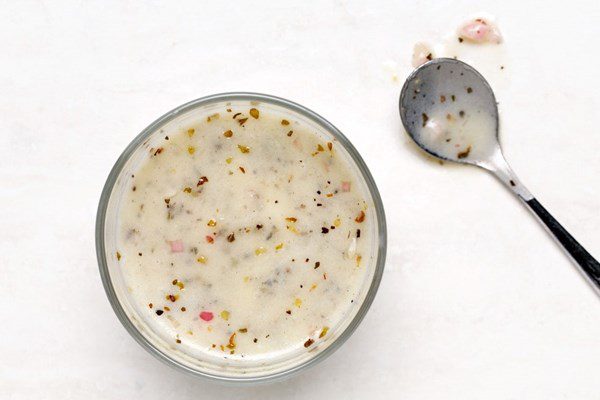Are seed oils scary?
January 10, 2025 by DarcieIf you spend any time at all on video-based social media, you have probably seen warnings from fitness influencers, purported health advocates, and even some physicians that villainize seed oils. These videos usually make claims that seed oils such as sunflower oil, canola oil, and corn oil are responsible for obesity, heart disease, cancer, and other illnesses. While there may be a kernel of truth to these arguments, according to most nutrition experts, much of the panic is overblown.

The main arguments by anti-seed oil activists is that these oils are highly processed, contain high levels of omega-6 fatty acids that are linked to chronic diseases, and are not part of the ‘natural’ human diet that we evolved to eat over eons. There is a correlation with the amount of seed oil consumption and the rise in some health conditions, but as we all know, correlation does not necessarily mean causation. Nutritionists point out that there are a lot of other factors that must be taken into account, such as urbanization, reduced physical activity, higher levels of stress, increased use of prescription medicines, and higher salt intake. Teasing out which of these items is responsible for things like obesity and heart disease is nearly impossible.
Part of the problem is that while eating too much of anything isn’t good for you, it can be difficult to determine how much seed oil is in your diet if you are eating a lot of processed foods, which rely on industrially-produced items like canola oil and high fructose corn syrup. If you are cooking most of your meals at home, you can control the amount of things that contain compounds like omega-6 and you probably don’t need to change your diet. If you want to err on the side of caution, most nutritionists say there isn’t much downside to eliminating these oils from your diet.
Categories
- All Posts (6940)
- Antipasto (2135)
- Author Articles (247)
- Book News (935)
- Cookbook Giveaways (983)
- Cookbook Lovers (257)
- Cooking Tips (109)
- Culinary News (299)
- Food Biz People (552)
- Food Online (791)
- Holidays & Celebrations (272)
- New Cookbooks (149)
- Recipes (1500)
- Shelf Life With Susie (231)
- What's New on EYB (133)
Archives
Latest Comments
- Atroyer7 on Danube Cookbook Review and Giveaway
- demomcook on What foods do you look forward to the most for each season?
- demomcook on Danube Cookbook Review and Giveaway
- Darcie on How cookbooks can help build resilience
- mholson3 on Danube Cookbook Review and Giveaway
- Rinshin on How cookbooks can help build resilience
- sarahawker on Danube Cookbook Review and Giveaway
- Sand9 on Danube Cookbook Review and Giveaway
- hankintoby29 on Heritage Cookies of the Mediterranean World – Cookbook Giveaway
- WBB613 on Feasts of Good Fortune Cookbook Giveaway